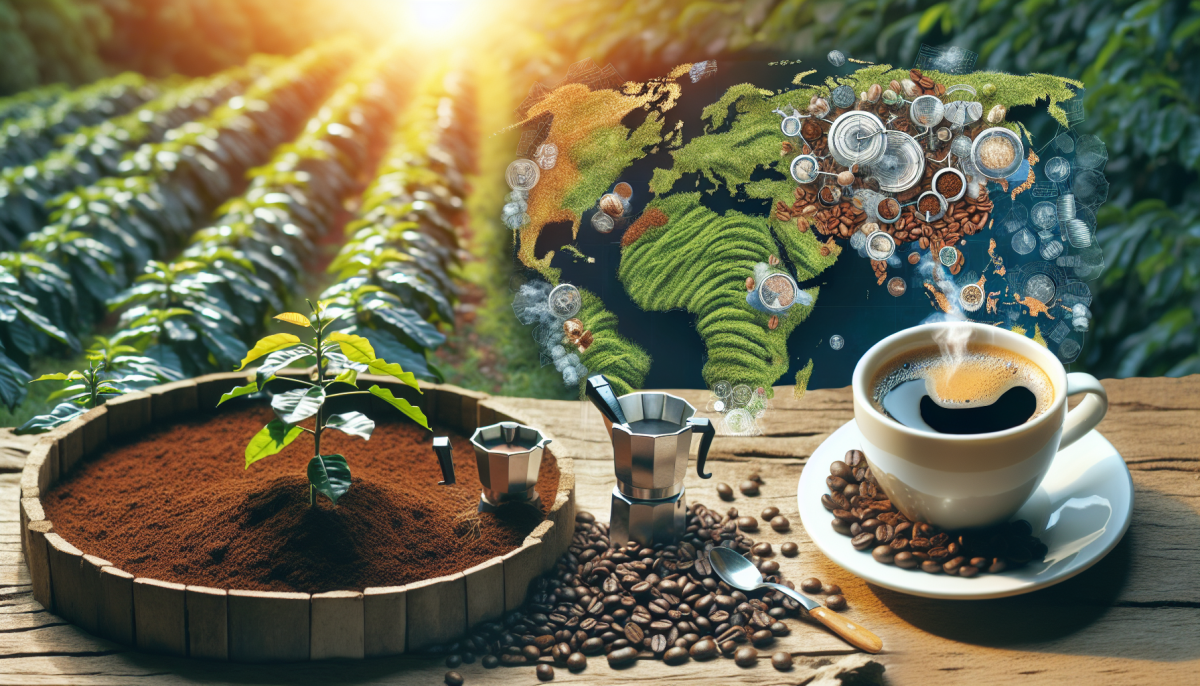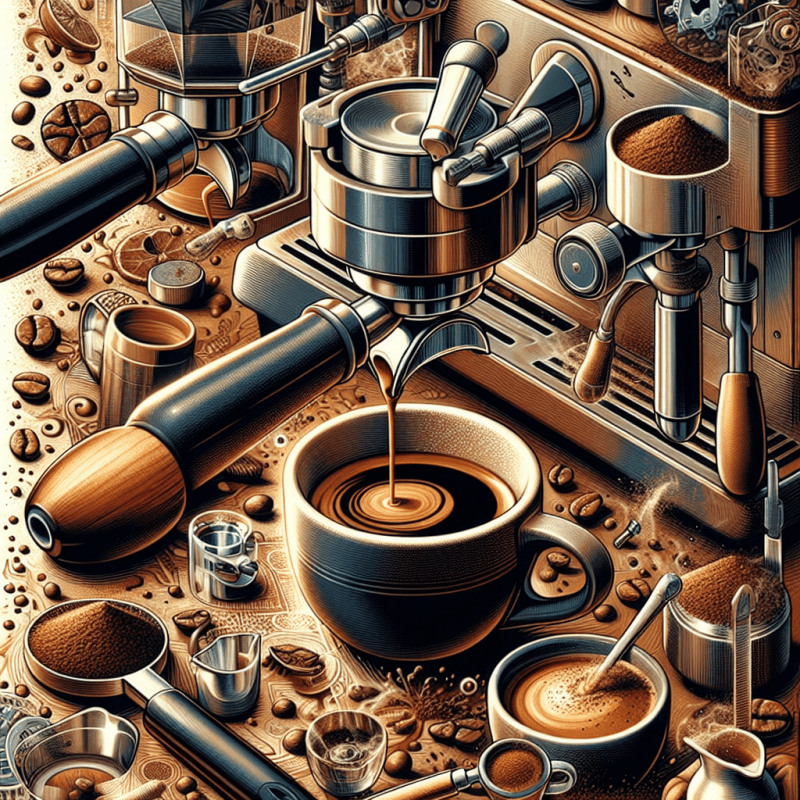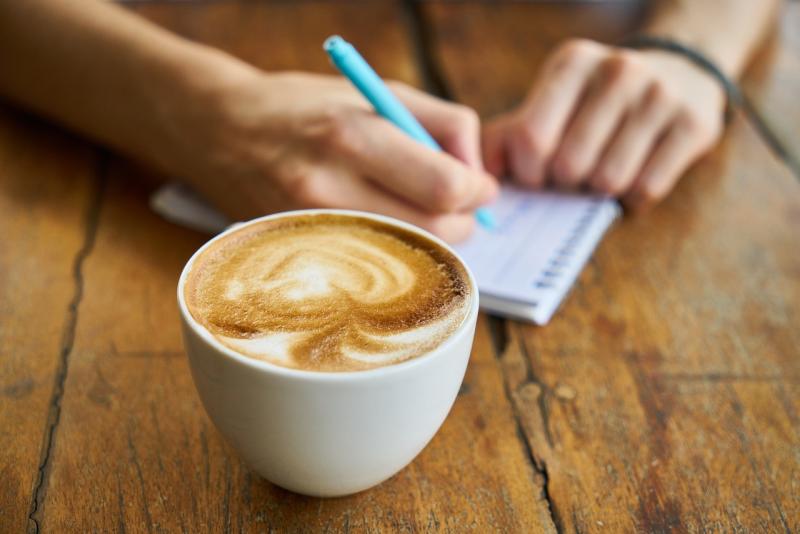Coffee has a rich and fascinating history that stretches back centuries. It all began in the 15th century, when coffee cultivation and trade started in the Arab world. The first coffee houses, called qahveh khaneh, popped up in Persia, modern-day Iran. These lively spots became social hubs where people gathered to sip coffee, share stories, and discuss everything from politics to poetry.
As coffee made its way to Europe in the 17th century, it stirred up a mixture of excitement and skepticism. Some folks hailed it as a miracle drink that boosted energy and focus, while others worried it might be a dangerous brew. But once coffee houses opened in cities like London, Paris, and Vienna, the drink found its footing and quickly became a symbol of sophistication and social interaction.
These early coffee houses weren’t just places to grab a cup of joe; they were often referred to as “penny universities.” For just the price of a drink, anyone could engage in discussions about politics, philosophy, and current events. This laid the groundwork for movements and ideas that would shape the future. Think about it—some of the Enlightenment's most influential thinkers gathered around coffee tables, fueling debates and sparking creativity.
By the 18th century, coffee had firmly established itself in various cultures worldwide. Colonization efforts expanded coffee production in places like the Caribbean and South America, making it more accessible to the masses. This global spread not only transformed everyday life but also influenced trade and economies, showing just how interconnected the world had begun to be, all thanks to this beloved beverage.
Coffee’s Role in Trade and Economy
Coffee isn't just a delicious drink; it has played a huge role in trade and the economy throughout history. Imagine walking through bustling markets in the 17th century, where traders haggled over sacks of coffee beans from distant lands. It was a highly sought-after commodity, and its rich flavor made it immensely popular. This led to the establishment of coffee houses, which quickly became social hubs where people gathered to discuss ideas, perform business transactions, and enjoy this energizing beverage.
As coffee's popularity spread, countries began to recognize its economic potential. Plantations sprung up across the globe, especially in areas with the perfect climate, like Brazil and Colombia. These regions became major players in the coffee market, employing countless workers and boosting local economies. The creation of a global coffee trade brought countries together, with each one contributing its unique beans and flavors. This not only enriched the coffee experience but also fueled economic growth in coffee-producing nations.
The coffee trade also had its fair share of challenges. War and colonialism often affected coffee production, disrupting the supply chain and impacting local economies. As demand soared, issues like fair labor practices and sustainability became concerns that still resonate today. Nowadays, more consumers are looking for ethically sourced coffee, pushing companies to adopt better practices. This shift is creating a more mindful coffee culture that values quality, sustainability, and the people behind every cup.
In essence, coffee has been a driving force in shaping trade routes, economies, and even social structures. The journey from bean to cup is rich with history, intertwining cultures and economies along the way. Each sip we take not only fuels our mornings but also connects us to a long-standing tradition that continues to evolve even today.
Social Movements Fueled by Coffee
Coffee isn’t just a morning ritual; it’s been a catalyst for change across the globe! From the streets of Paris to the coffeehouses of New York, this beloved beverage has sparked some major social movements. When people gather over coffee, they often share ideas, ignite passions, and sometimes even stir up revolutions.
Take the Age of Enlightenment, for example. In the 18th century, coffeehouses became the go-to places for intellectual discussions. Think about it: people sipping coffee, debating philosophy, politics, and literature. These lively conversations helped fuel movements that pushed for democracy and human rights. Coffee was the drink of choice for thinkers like Voltaire and Rousseau, who saw these cafés as hubs for progress.
Fast forward to the civil rights movement in the 1960s. Many activists found common ground over coffee, using it as a platform for organizing efforts and sharing strategies. Whether it was in church basements or community centers, coffee played a big part in fostering unity and collaboration among those passionate about social justice.
Today, coffee continues to inspire movements around fair trade and sustainability. Many coffee lovers support brands that prioritize ethical sourcing, ensuring fair wages for farmers and eco-friendly practices. This means that every cup can make a difference, connecting consumers with growers and promoting social change in the coffee industry.
Modern Innovations in Coffee Enjoyment
In today's world, coffee has transformed from a simple morning ritual to an entire experience, thanks to modern innovations. One of the biggest game-changers is the rise of specialty coffee makers. These machines let you brew café-quality coffee right at home, offering options to customize temperature, brew time, and even the strength of your cup. Whether you’re a fan of a rich espresso or a smooth pour-over, there's something out there tailored just for you.
Another exciting trend is the popularity of coffee subscriptions. Imagine discovering new and unique coffee beans from around the globe, delivered right to your doorstep every month! Many of these services focus on sustainability and fair trade, connecting you with farmers and ensuring you’re sipping on something that’s not only delicious but also ethically sourced.
Tech has also entered the coffee scene with the rise of smartphone apps. From tracking your caffeine intake to finding the best local cafés, these apps make engaging with coffee culture more fun than ever. Some even offer guided tasting notes or brewing tips, helping you to become your very own barista.
Finally, let’s talk about the explosion of coffee alternatives, like mushroom coffee or matcha blends. These innovative options cater to those looking to reduce caffeine intake while still enjoying a warm, comforting beverage. They’re perfect for anyone wanting to explore new flavors or make a healthier choice without sacrificing that coffee experience.



